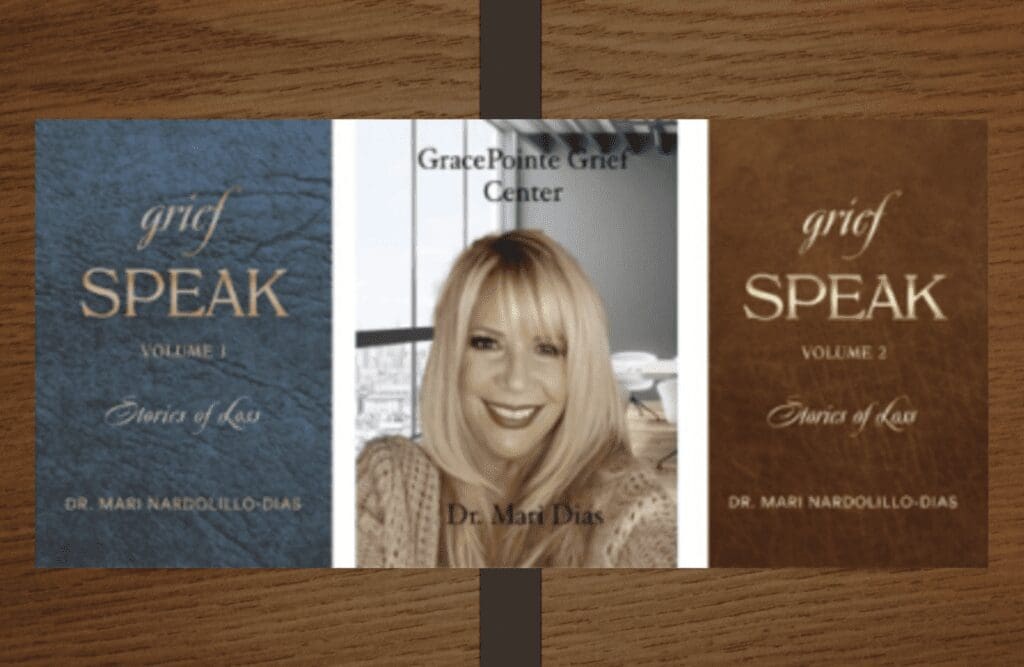Search Posts
Recent Posts
- Rose Island experts Sean O’Connor and Michael Simpson – G. Wayne Miller, Ocean State Stories June 11, 2025
- Time for Sour Grapes! – 6.11.25 – Tim Jones June 11, 2025
- Rhode Island Weather for June 11, 2025 – Jack Donnelly June 11, 2025
- What you should know about Social Security if your spouse passes away – Cheryl Tudino, SSA June 11, 2025
- It is what it is… 6.11.25 – Jen Brien June 11, 2025
Categories
Subscribe!
Thanks for subscribing! Please check your email for further instructions.

GriefSPEAK: What would you do? – Mari Dias Nardolillo
by Mari Dias Nardolillo, EdD, contributing writer, grief and grieving
Heather has been diagnosed with a terminal illness. Stage 4 metastasized breast cancer to the lung and brain. The chemotherapy makes her feel worse than the cancer. As a 50-year-old divorced woman with one adult daughter, Heather wants to opt for “death with dignity.” Her daughter is angry that her mom wants to die on her own time. She wants her mom to remain, despite the pain, for as long as possible and is advocating for more chemotherapy or a trial.
There are currently 11 states where death with dignity is legal, with two states under threat of having the act repealed. Moreover, there are 6 states considering the legislation this year. Rhode Island is not on any of these lists. Heather is a resident of Massachusetts, a state that is considering the legislation for “End of Life Options Act.” (EOL).
Heather has a choice; however, she will pass before the legislation does. She will need to establish residency in a state where EOL is legal, along with a myriad of hoops involved. Despite the choices, they are limited. Heather can choose to stay in Massachusetts and live out the remainder of her life either hospitalized, in hospice care, or enrolled in a trial. Or. Spend her remaining months working with the stress and frustration of bureacracy. In psychology, we name this type of choice avoidance-avoidance. A choice between two equally unfavorable options.
What would you do?
Heather came to me to help her make the decision. Her faith was a major variable: shouldn’t death be God’s decision? We spent several sessions exploring the pros and cons of each option. She also shared her “playlist” for her funeral, as well as all her arrangements. Upon reflection, Heather chose to go into hospice care at home. Hospice nurses, social workers and volunteers would visit her on a regular basis, and provide her with morphine, which she could control. When the time of passing came close, she would opt for admittance into the hospice hospital, where her pain would be managed, minus life saving measures and provided the freedom of having her cat with her, visiting 24/7, and anything she wanted to eat.
She would no longer be labeled as Female, age 50, DOB…..EOL. DNR. (Do not resuscitate.)
It was a wise choice. Heather’s daughter called me in when hospice identified her as “actively dying.” She had refused food or drink. (We can live for weeks without food, but not without water.)
I sat by Heather’s bed and entertained her with her playlist (yes, hearing is the last to go), stroked her hair. Her daughter didn’t make it in time. (We choose when to take our last breath).
In the end, she did have a death with dignity. And I was there to experience it.
___
Access all of Dr. Dias’ columns at: GRIEFSPEAK

Dr. Mari Nardolillo Dias is a nationally board-certified counselor, holds a Fellow in Thanatology and is certified in both grief counseling and complicated grief. Dias is a Certified death doula, and has a Certificate in Psychological Autopsy.
Dias is Adjunct Professor and was Professor of Clinical Mental Health, Master of Science program, at Johnson & Wales University. Dias is the director of GracePointe Grief Center, in North Kingstown, RI. For more information, go to: http://gracepointegrief.com/
